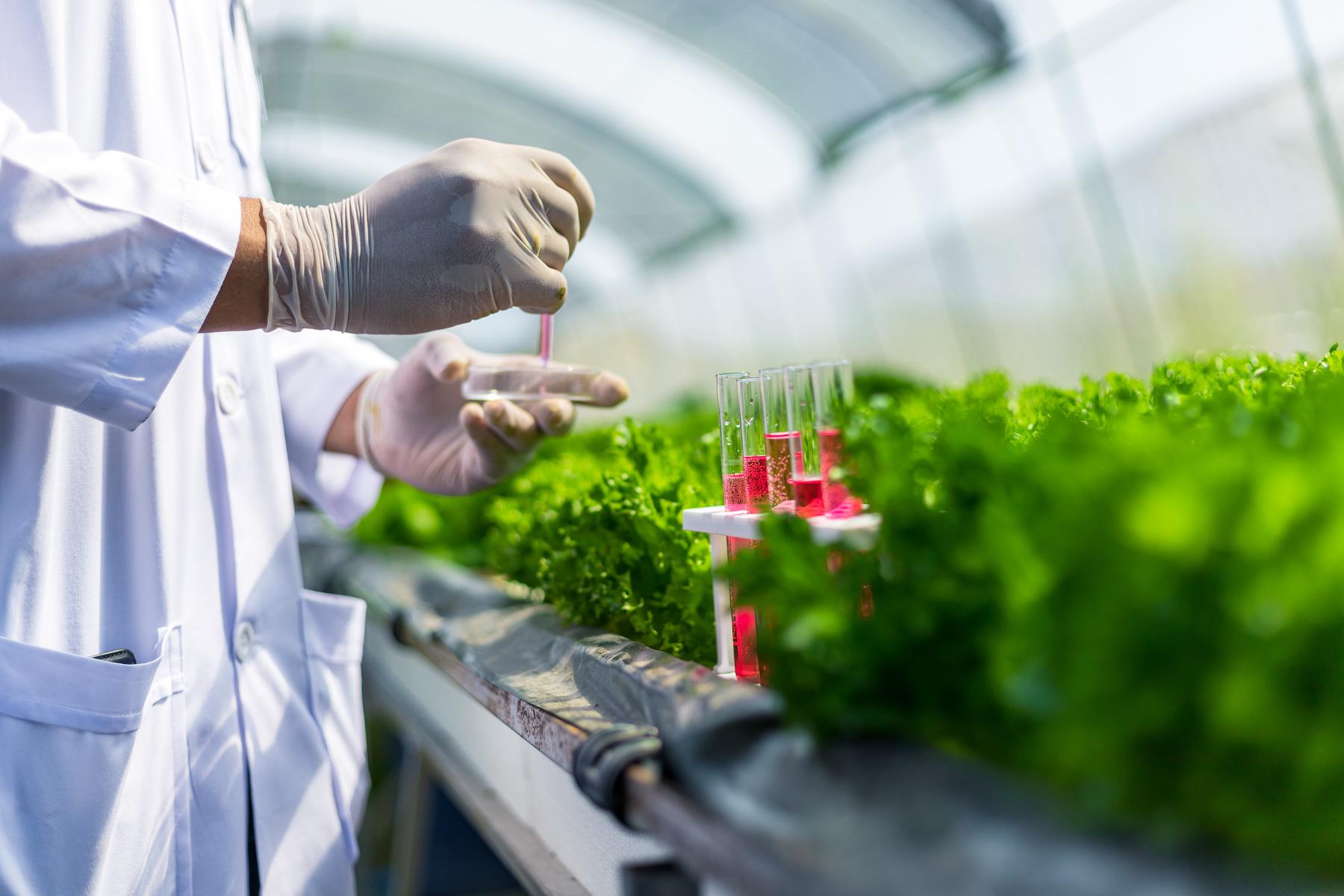The agricultural testing market consists of laboratories and scientific organizations that provide testing services related to soil, seed, water, and other agricultural inputs and outputs. Agrochemical testing helps farmers select the appropriate fertilizers and pesticides tailored to their soil conditions and crop requirements.
The global agricultural testing market is estimated to be valued at US$ 7.03 Mn in 2024 and is expected to exhibit a CAGR of 8.1% over the forecast period 2024-2031, as highlighted in a new report published by Coherent Market Insights.
The agricultural testing process involves analyzing samples collected from farms to check nutrient levels, detect harmful substances, and ensure product quality meets federal and international standards. Rigorous testing at various stages improves yield, protects consumer health, and facilitates risk-free international trade of agricultural commodities. The need for quality assurance and regulatory compliance across the food chain has been a key driver of growth for agricultural testing laboratories worldwide.
Market Dynamics:
The growing demand for quality assurance throughout the agricultural value chain has been a major driver for the agricultural testing market. Strict guidelines introduced by trade bodies like the European Commission and Codex Alimentarius to monitor pesticide residues, GM contamination, and mycotoxins have led to increased testing frequency. Additionally, changing climatic conditions are altering soil compositions requiring customized nutrient management plans designed through testing. Furthermore, advancements in diagnostic techniques like chromatography-mass spectrometry have enhanced lab capabilities to detect multi-residues at low levels fueling market expansion. However, the market still faces challenges of high capital investments associated with setting up testing facilities and procuring sophisticated analytical instruments.
SWOT Analysis
Strength: The agricultural testing market has experienced strong growth over the past years owing to the increasing demand for crop production and quality control. Farmers are increasingly adopting agricultural testing services to ensure optimal soil nutrition and maximize crop yields. Standardized testing services help farmers boost agricultural productivity in a sustainable manner.
Weakness: The agricultural testing market is highly fragmented with local and regional players accounting for majority of the market share. Lack of standardized protocols and quality control remains a challenge. High costs associated with certifications and licensing regulations can restrict the growth potential of small players.
Opportunity: Emerging economies in Asia Pacific and Latin America are expected to drive future growth opportunities owing to increasing food demand and government initiatives to enhance agriculture technology. Rapid advancements in biosensing, digital imaging, and automation offer opportunities to develop new testing solutions. Precision farming using IoT and data analytics also present new avenues.
Threats: Entry of cheap alternatives and counterfeit products impact the growth of established players. Vulnerability to seasonal changes and dependence on climate conditions raise uncertainties. Stringent food safety regulations in developed nations increase compliance costs for global manufacturers.
Key Takeaways
The Global Agricultural Testing Market Size is expected to witness high growth over the forecast period from 2024 to 2031. Driven by the increasing demand for food production, governments across major markets are undertaking initiatives to promote sustainable agriculture practices and strengthen testing infrastructure.
Regional analysis: North America currently dominates the agricultural testing market share owing to stringent food safety regulations and availability of advanced testing solutions. However, Asia Pacific is emerging as the fastest growing regional market with countries like India and China exhibiting double digit growth. Surging population, rising incomes, and government support for agriculture innovation are driving rapid adoption of testing services.
Key players: Key players operating in the agricultural testing market are DEXIS (KaVo Kerr),SGS, Eurofins,Intertek,TUV Nord Group,Bureau Veritas,ALS Ltd,Neogen Corporation. DEXIS and SGS have a strong global presence while othersfocus on selected regional markets. Players are investing in R&D to develop novel biosensors, imaging, and robotics technologies to consolidate their market leadership.
Get more insights on this topic:
Check more trending articles related to this topic:
